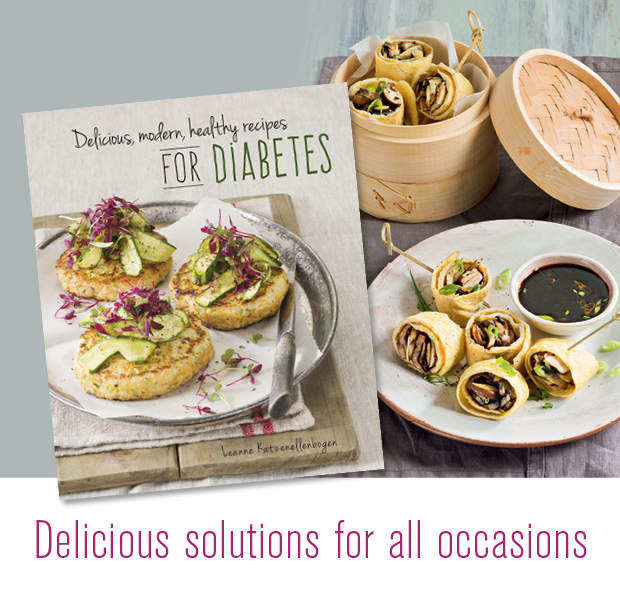Snickering, disparaging, denigrating and casting aspersions on breastfeeding; shaming moms who breastfeed; who breastfeed in public or who excuse themselves to express breastmilk at work; raising doubts that a breastfeeding mom is producing enough milk to meet her baby’s needs; expecting a breastfeeding mom to place other priorities above her baby’s hunger – these are some of the insidious ways that we, as society, routinely disempower parents and ultimately discourage the very best way to feed a baby for the first six months of its life, and beyond.
You may think: ‘It’s not my baby, it’s not my problem’; or ‘I am so uncomfortable, I have a right not to have a breastfeeding mom near me!’ You would be wrong on both accounts. As part of society, we all have a moral obligation as to how we collectively foster the care for our most vulnerable children; as well as a vested interest in them turning into healthy, well-adjusted, contributing citizens. Also, breastfeeding wherever, whenever a baby gets hungry is perfectly legal, and deserves to be fully supported. Shaming moms into desperately breastfeeding their babies, or expressing breastmilk, in cold toilet cubicles and cramped cars in parking lots is the real problem.
With its 2019 theme for World Breastfeeding Week, from 1 to 7 August, ‘Empower Parents, Enable Breastfeeding’ the World Alliance for Breastfeeding Action (WABA) is resolutely focusing how we shift public and private attitudes to be appropriately supportive of the optimal nutrition for babies. This is a theme that cuts across all sectors of society and applies to breastfeeding moms across the board. In celebration of World Breastfeeding Week 2019, ADSA (The Association for Dietetics in South Africa) has brought together a panel of Registered Dietitians, who also happen to be past and current breastfeeding moms, to answer two burning questions about how we can empower parents to best enable breastfeeding.
#BurningquestionbreastfeedingNo1 – Empowering Parents – What do you wish you had known before you started breastfeeding?
NASREEN JAFFER: “I wish I knew that breastfeeding is a learned skill for mom and baby. As first-time moms, we are expected to know exactly what to do. No matter how much you read, the practical experience of breastfeeding is learned, so expect it to be something new and not something you have to master from Day 1.”
VANESSA CLARKE: “As with everything in life, everyone’s story is different. From my university days I was very aware of the theory regarding breastfeeding. However, I didn’t have any idea of the variables that existed. I really struggled to breastfeed my children and what made it even harder was seeing other mothers whose children latched beautifully, or they didn’t struggle with pain. I wish I had known that sometimes breastfeeding doesn’t come naturally and that everyone’s story is different – and that is okay to struggle.”
MARYKE GALLAGHER: “I never knew how much I would enjoy it and how much I would miss it once I stopped! Being able to breastfeed your baby is such a great privilege and the wonderful quality time you have with your baby is priceless. I also learnt that just because it was easy first time around, doesn’t mean it is going to be easy the second or third time. Feeding my first and second child was relatively easy as they both loved breastfeeding. When my third child arrived I just assumed she would latch easily and feed easily like the other two did. But this wasn’t the case, although with perseverance I’m still breastfeeding 15 months later. My advice to new moms is to get help from a lactation consultant if you are struggling with breastfeeding. They are able to assess each situation individually and provide you with sound advice and support.”
LISANNE DU PLESSIS: “Before I had my children, I had completed most training available on breastfeeding in the public sector at the time; so I had a good knowledge base. However, what training cannot instil is the VASBYT-factor; the perseverance required to make breastfeeding work for you and your baby. I believe that perseverance to breastfeed exclusively and to continue breastfeeding stems from the deep belief that it is the right thing to do and the very best nutrition and nurture I could provide my children. When times were tough, I reminded myself of this truth.”
THEMBEKILE DHLAMINI: “I wish someone had warned me that I would not want to go to work at the end of my maternity leave because I wanted to keep breastfeeding. The pain of separation that I thought I would be ready for; well, when the time comes, it cannot be forgotten. 20 months later with my little one, I still struggle to separate.”
CHANTELL WITTEN: “I never knew how important my mind-set would have to be, to truly engage and enjoy my breastfeeding journey. I learnt as a mom that breastfeeding is not a job or a task to complete. It is relationship you build and invest in; therefore it takes time.”
MONIQUE PIDERIT: “Before I started breastfeeding, I wish I’d known just how much of a team effort this journey would be. I went in with the idea that breastfeeding was solely my responsibility and put a lot of pressure on myself. However, I, unknowingly, had a great support team, each contributing in their unique way. Friends and close colleagues shared their real-life mom stories and lactation consultants guided me on choosing the right pump as working mom. Within minutes of my baby being born I had the hands-on, practical support of great midwives in hospital, and by the time I got home, I underestimated the encouragement and support I would get from my husband. He kept motivating me to keep positive and took care of things like stocking up the breastfeeding station with water, tea and healthy snacks, and bringing baby to me when I was utterly exhausted. As Helen Keller said: ‘Alone we can do so little. Together we can do so much.’”
#BurningquestionbreastfeedingNo2 – Enabling Breastfeeding – How do you think family, friends, businesses, shops, corporates, public spaces can enable mothers to breastfeed?
We asked our ADSA Dietitian moms. Here’s what they say:
NAZEEIA SAYED: “More shops, restaurants and other public spaces need to declare their support for breastfeeding mums to normalise breastfeeding. All work places need to have a policy around support for breastfeeding mothers and take action to support breastfeeding mums returning to work.”
THEMBEKILE DHLAMINI: “My friends need to respect my space and choice of breastfeeding. They should not bring baby dummies and formulas to my baby shower. I want my friends to respect that I choose to give my baby the breast, not milk from containers. Also, I do not want friends bringing teething biscuits as they contribute to mixed feeding. Breast is best exclusively for six months, and that’s an important goal for breastfeeding moms.”
LISANNE DU PLESSIS: “Family is so important. My mother, sister, husband and extended family were all on my side. They fed me while I fed my babies! They also cuddled, winded, bathed and changed nappies so that I could shower, eat, sleep. There is power in the family circle!”
NATHALIE MAT: “Breastfeeding takes a lot of time and energy; and only a mom can do it. Please support mothers by helping take other tasks off her plate that anyone can do. At home, this can mean tidying the kitchen or doing the laundry. At work, this can mean delegating tasks that are easily transferable so that the overall load on a new mom doesn’t become overbearing.”
NASREEN JAFFER: “Family members need to be careful about not telling a first-time Mom what to do, what to feel and what not to do. Each person will find their way. When it comes to public spaces, we definitely need to have many more public environments in which mom can breastfeed comfortably, and these need to be welcoming, clean and attractive spaces.”
CHANTELL WITTEN: “Breastfeeding needs to be openly welcomed. Salute to Spur Restaurants which has a public pro-breastfeeding policy. We need many more corporates to normalize and encourage breastfeeding.”
MARYKE GALLAGHER: “Business needs to look at longer maternity leave so that they give moms a bit more time for breastfeeding to be well established. Providing breastfeeding mothers with flexi time that enable them to breastfeed when they need to can make a big difference. Having childcare facilities at businesses could benefit both the business and the mom as the mother can continue breastfeeding while at work. Providing dedicated, private and relaxing areas for moms to feed and express breast milk is vital.”
Essentially, while breastfeeding is a deeply intimate time-bound bond shared between mom and baby, it remains a team-supported effort. As the WABA states: “Breastfeeding is in the mother’s domain and when fathers, partners, families, workplaces, and communities support her, breastfeeding improves.”
We can all play our part in enabling breastfeeding for the greater good by protecting, promoting and supporting it.
For information on World Breastfeeding Week 2019 visit www.worldbreastfeedingweek.org











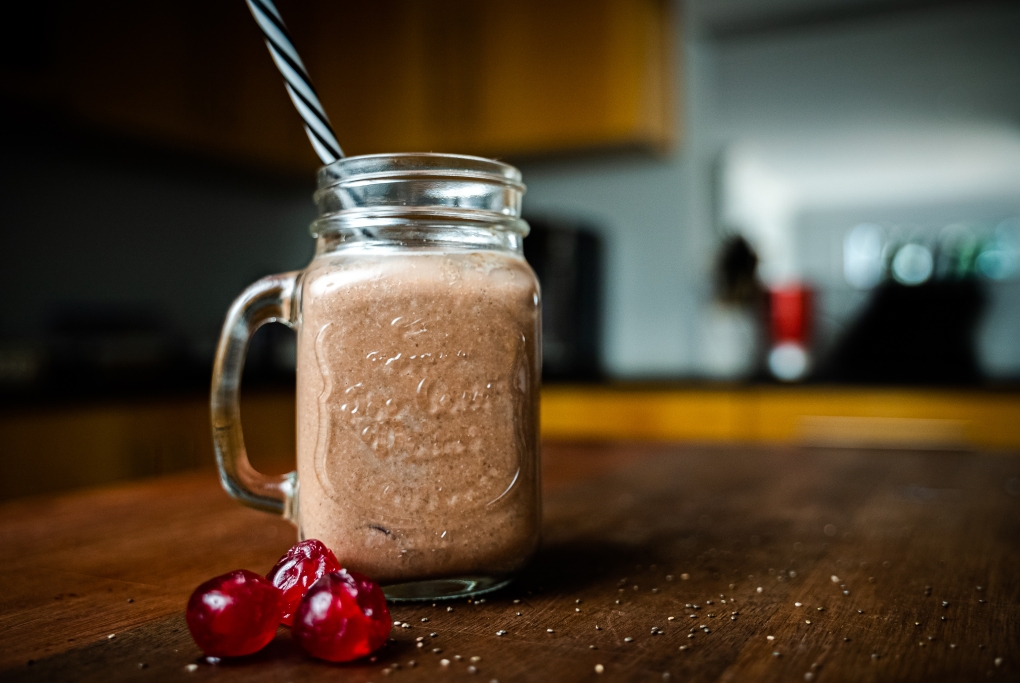






































































































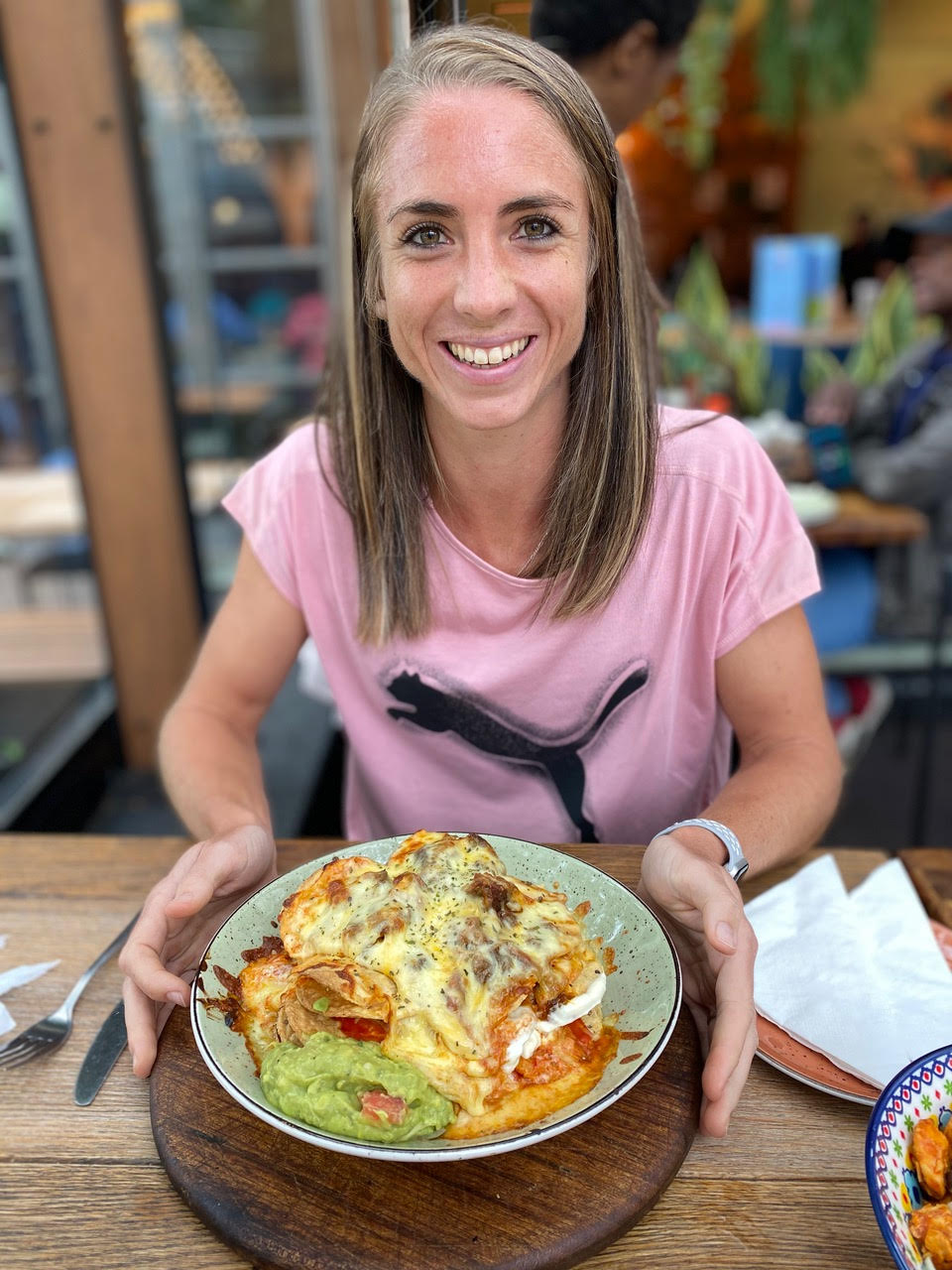






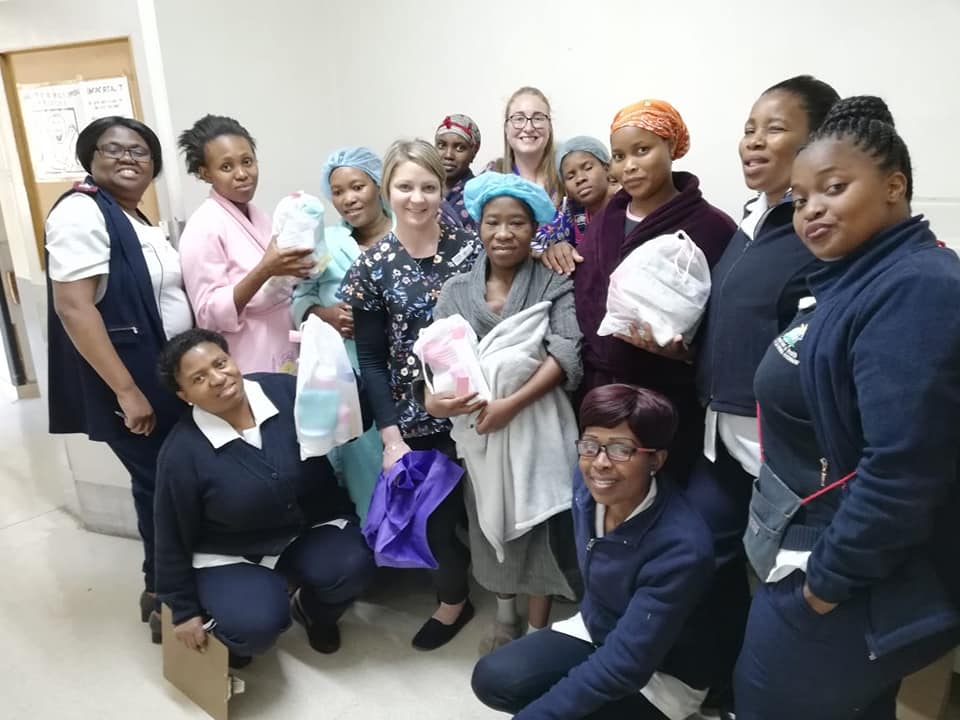
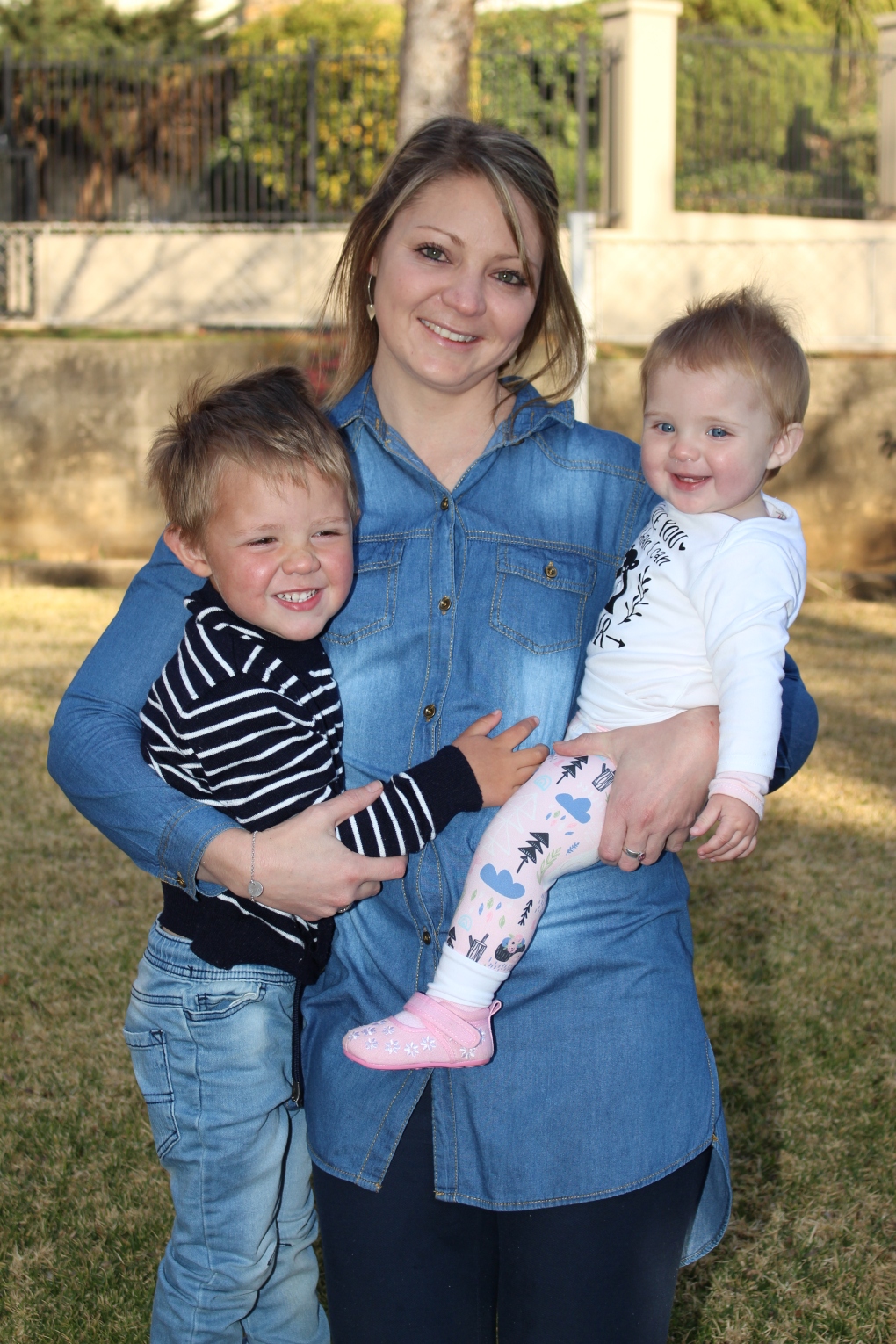











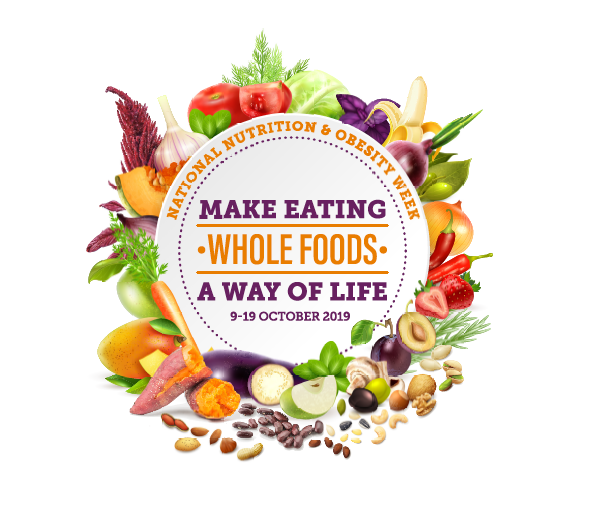 Despite what we know about the impact of food choices on our health, overweight and obesity are still on the rise in South Africa, alongside a host of preventable diseases that can be attributed to unhealthy lifestyles. Thanks to our industrialised food system, and far greater, ultra-processed and fast food choices aimed at our ‘convenience’, we’ve got further away from eating the whole foods that are really good for us. This is the message that a coalition of health professional associations, including the Department of Health, is highlighting in October across both
Despite what we know about the impact of food choices on our health, overweight and obesity are still on the rise in South Africa, alongside a host of preventable diseases that can be attributed to unhealthy lifestyles. Thanks to our industrialised food system, and far greater, ultra-processed and fast food choices aimed at our ‘convenience’, we’ve got further away from eating the whole foods that are really good for us. This is the message that a coalition of health professional associations, including the Department of Health, is highlighting in October across both 




